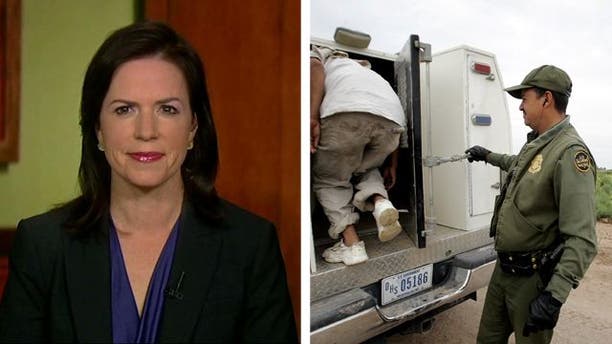Opponents of birthright citizenship often cite fragments of the congressional debate over the Fourteen Amendment’s Citizenship Clause to argue that the amendment’s drafters intended to exclude the children of visiting foreigners.
However, reliance on these fragments is a mistake.
Opponents of birthright citizenship face a number of difficulties that have encouraged them to rely on those fragments. Among them:
* Language in the earlier Civil Rights Bill clearly excluding foreigners was deleted from the amendment. This change was not, as sometimes claimed, necessary to exclude tribal Indians.
* Any interpretation that excluded foreigners would undercut the principal purpose of the Citizenship Clause. That purpose was to grant citizenship to the newly freed slaves and their children. For reasons explained below, most (perhaps all) of those slaves were technically foreigners.
* As I explained recently, in two cases the U.S. Supreme Court has decided that the Citizenship Clause’s term “subject to [U.S.] jurisdiction” means subject to the English common law doctrine of “allegiance.” In general, that doctrine recognizes most children born in a country as natural born citizens, including the children of visiting foreigners. And in the more crucial case, United States v. Wong Kim Ark, the allegiance rationale was central to the holding, not mere “dicta” as sometimes asserted.
The best way to counter these problems would be to uncover evidence that state legislatures ratifying the Fourteenth Amendment understood “subject to the jurisdiction thereof” to exclude foreign visitors and their children. It is the understanding of, or meaning to, the ratifiers -- not the intent of the drafters -- that carries most weight in constitutional questions. Fragments from the congressional debates are not only weak evidence of meaning, but relying on them may be counterproductive.
The two most cited congressional comments are those by Senator Jacob Howard of Michigan and Senator Lyman Trumbull of Illinois, both proponents of the amendment. Howard’s comments have been taken as excluding all resident foreigners from the phrase “subject to the jurisdiction.” Trumbull said that the phrase meant “Not owing allegiance to anyone else.”
But anyone who reads Senator Howard’s comment in context can see that it actually is ambiguous. He said the amendment’s phrase “subject to the jurisdiction thereof” would exclude:
persons born in the United States who are foreigners, aliens, who belong to the families of embassadors [sic] or foreign ministers accredited to the Government of the United States, but will include every other class of person.
This could mean that the exclusion covers “foreigners and aliens and those who belong to the families of ambassadors.” But also could mean “foreigners [or] aliens who belong to the families of ambassadors.” (Remember that the punctuation was not Howard’s, but the shorthand reporter’s.)





